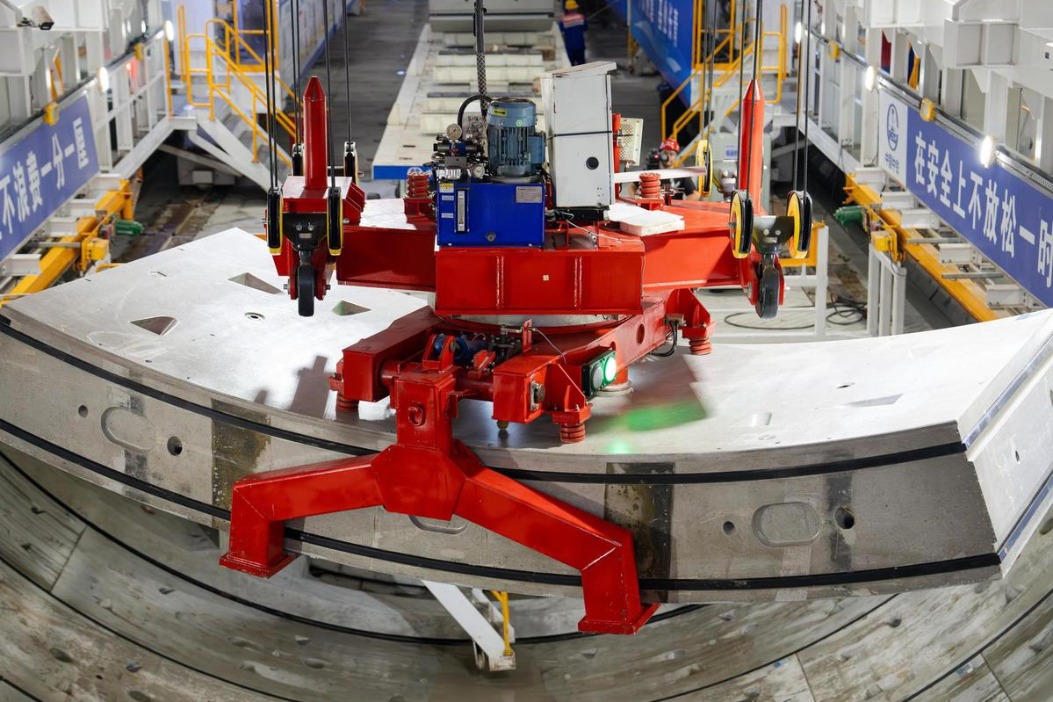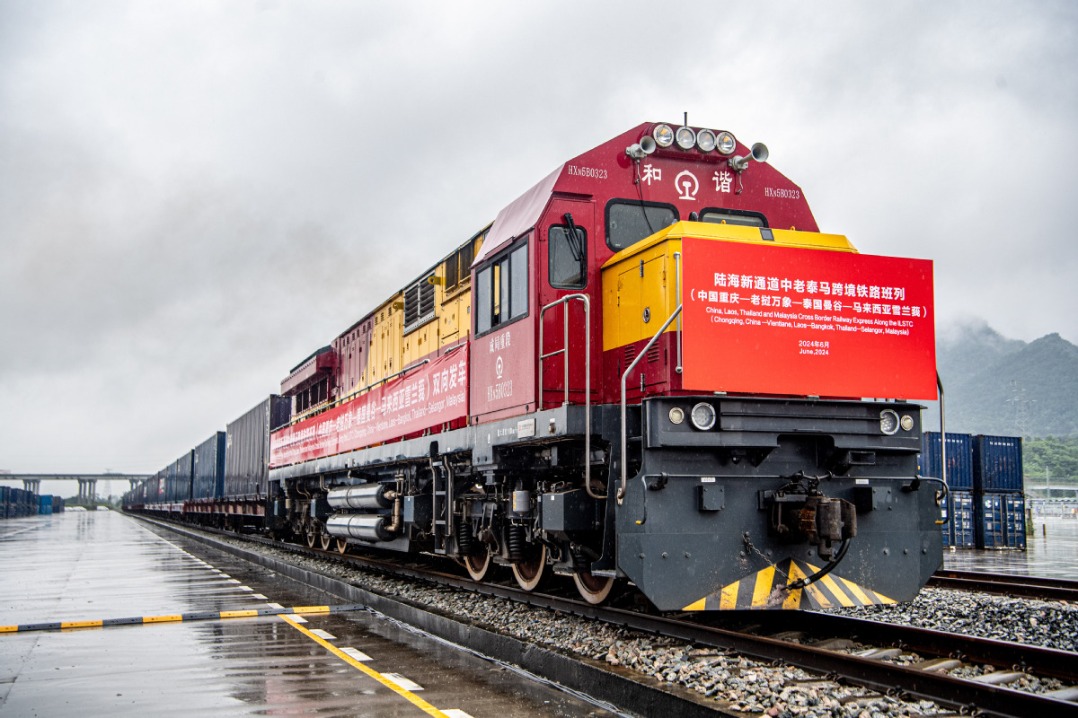Protectionism wrong approach to dealing with China's EV industry: German expert


FRANKFURT - Protectionism is the wrong approach to dealing with the rise of China's electric vehicle (EV) industry, and would be detrimental to European automakers, a German expert in the field has said.
European countries will emerge as the losers if the European Union (EU) imposes additional tariffs on Chinese electric vehicles in the EU, warned Ferdinand Dudenhoeffer, director of the Center for Automotive Research (CAR) in Bochum in a recent interview with Xinhua.
In the event of "decoupling," automakers in the EU will "go directly" to invest in China, which has leading technology and innovation, Dudenhoeffer argued. He is convinced that German carmakers, as global players, will continue their "strong cooperation" with China.
Dudenhoeffer recently wrapped up a visit to China, and said he was impressed by the dynamism and fast development of the auto industry there.
Sales of new energy vehicles (NEVs) in China, including battery electric vehicles, hybrid electric vehicles and fuel-cell electric vehicles, surged 37.9 percent year-on-year to about 9.5 million last year, compared with just 75,000 a decade ago, according to the China Association of Automobile Manufacturers.
The pace of development of the new energy sector in China puts the world in a better position to tackle climate change, according to Dudenhoeffer.
The scale of the new energy vehicle market in China has allowed automakers in the country to bring down production costs, a competitive edge European automakers do not currently have, Dudenhoeffer said.
As China is in a leading position to drive forward the development of EV industry globally, the expert said that German automakers have been increasing their investments in China, where cost advantages and cutting-edge technologies are available.
The EU will also damage their business by imposing additional tariffs on EVs made in China, he said, adding, "It will hurt our cooperation with China. It will hurt ourselves. So it's a tragedy for the German car industry."
According to statistics from the European Federation for Transport and Environment, around 20 percent of all-electric cars sold across the EU last year, or 300,000 units, were made in China. More than half of them come from Western carmakers, such as Tesla, Dacia and BMW, which produce them in China for export.
With the world currently facing the daunting task of fighting climate change, Dudenhoeffer believes that cooperation and partnership with China is very important.
- European and Chinese carmakers slate tariffs
- Chinese carmakers zoom ahead abroad
- China's diplomatic campaign in Europe: Partners building community with a shared future
- Businesses protest EU's protectionism
- EU's protectionist moves compliance with decoupling design of Washington: China Daily editorial




































